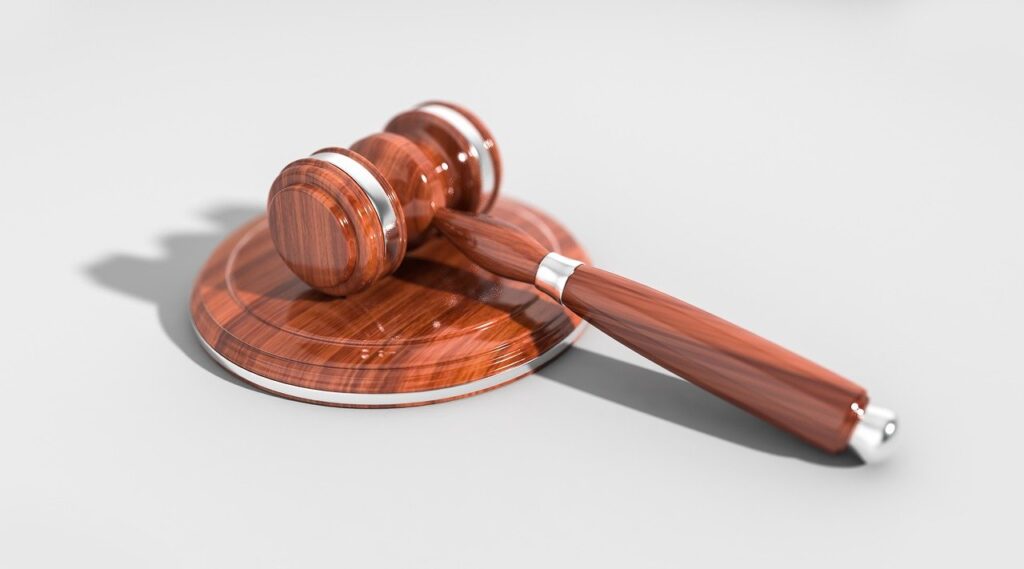What to Expect in Court When Resolving Your Catastrophic Injury Case
Going to court can be a daunting experience. As a person who has sustained a catastrophic injury, the other struggles you might have to go through that day can eminently elevate your level of discomfort. In such cases, your attorney will walk you through the necessary details beforehand to save you from undue surprises on the day of the hearing.

On the day of the hearing, you will first meet with your catastrophic injury attorney at the court, where they will likely arrange a consultation room where you can gather and discuss information comfortably. It is also possible that you have already done this part before the hearing, as you may be experiencing physical pain due to the injury.
During the pre-trial consultation, your attorney will require a broader perspective of the case apart from what they obtained during the previous consultations. You might have to repeat everything in an extremely detailed manner.
Questions will again include how the incident occurred, details regarding the injury, your daily life, professional background, and family life. This will help your attorney revise and verify all important case details. More importantly, they will be able to precisely describe how the injury impacts your life in front of the judge and the jury.
When the time comes, your attorney will advise you if a judge has been allocated for your case and who that judge is. Meanwhile, an associate or junior counsel may begin negotiation efforts with the defendant to settle your case outside of court. If the case settles that way, you will not have to go through the tedious processes of a court hearing. From a monetary standpoint, it is in everybody’s best interest to be able to settle your case without having to go to trial.
Unfortunately, if a judge hasn’t been assigned to your case, this might negatively affect your outside settlement as the defendant might think they have more time. If it leads to a situation where your case is not settled, your attorney will have to schedule a new court date.
However, If you were assigned a judge on the day, the defendant will most likely feel pressured and be more willing to settle the case unless they think they have a strong defense.
If negotiations are unsuccessful, your case will proceed to court, and every person involved in the case will be required to be present in the courtroom. The trial will begin with your catastrophic injury attorney presenting the main issues to the judge. The plaintiff’s side is always heard first, followed by the defendant’s case. It may take four weeks or more for a catastrophic injury case hearing.
Witnesses
After each witness is heard, the council for the opposition is allowed to cross-examine the witness to test the accuracy of what they say. As the plaintiff, you will provide your evidence first. However, your senior counsel will ask you simple questions about what occurred, and you will provide your answers to the best of your ability.
Next up, the attorney will cross-examine witnesses who saw or were present when the event in question had occurred. After that, expert witnesses or the plaintiff’s liability and causation witnesses will have to provide pieces of evidence that fall under the technical purview.
This will be followed by medical witnesses who will simply provide factual information on your current condition and your future prognosis. They may include your treating doctors, such as your neurologist, GP, or rehabilitation consultant.
Conclusion
The attorney for either party will finally deliver closing arguments, and once they conclude, they may request either side for written submissions in order to assist them with the final decision. Followed by that, the judge will likely take a day or two to pass the verdict.
